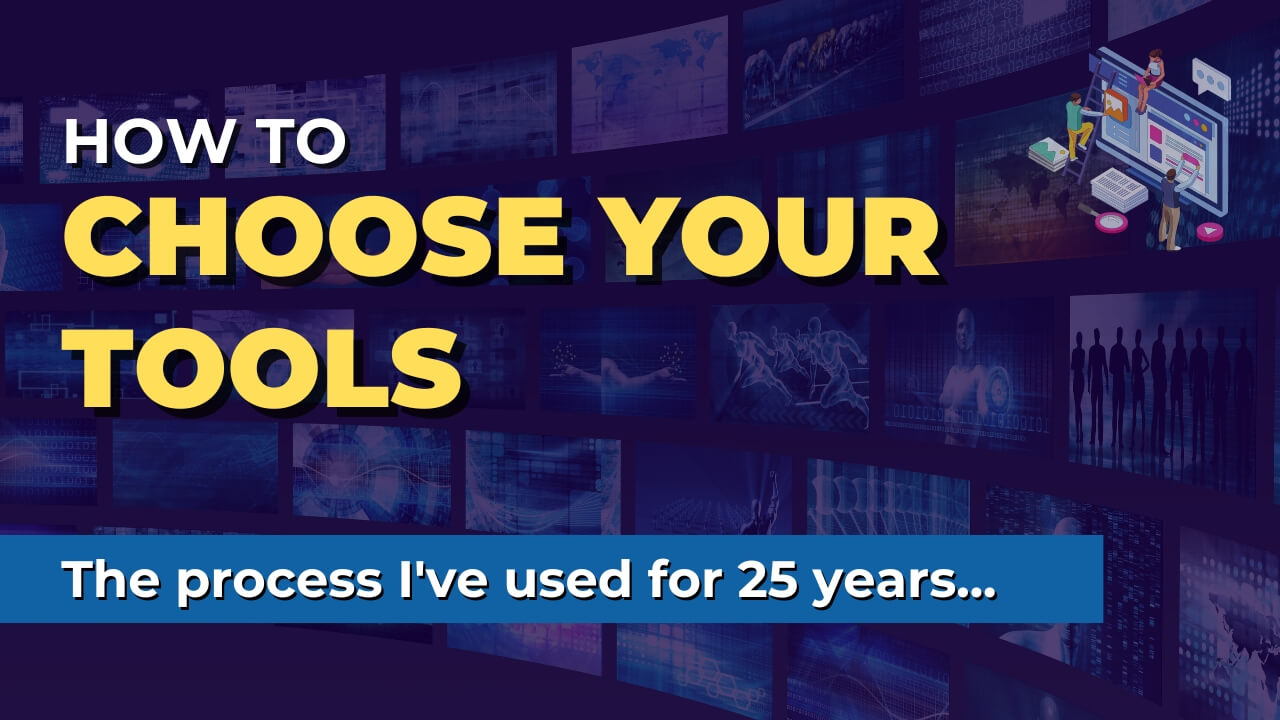Choosing the Right Tools for Your Business
Choosing the right tools for your business is a critical decision that can significantly influence your company’s efficiency, growth, and overall success. In today’s dynamic marketplace, where technology evolves rapidly and competition is fierce, selecting the appropriate tools is not just about convenience but about creating a foundation that supports your business objectives and operational needs. Whether you are a startup founder or a seasoned business owner, understanding how to navigate this landscape and make informed choices is essential for building a resilient and agile organization.
One of the first considerations in choosing business tools is clarity about your company’s specific needs. Every business has unique challenges and goals, so a one-size-fits-all approach rarely works. For instance, a small retail business may prioritize point-of-sale systems and inventory management tools, while a digital marketing agency might seek out project management and analytics software. By clearly defining what problems you are trying to solve or what outcomes you want to achieve, you can narrow your focus and avoid the common pitfall of adopting tools that sound impressive but ultimately don’t align with your core operations.
Understanding your team’s workflow is another vital aspect. Tools should seamlessly integrate into the daily activities of your employees rather than disrupt them. For example, if your sales team relies heavily on mobile communication and quick data access, cloud-based customer relationship management (CRM) platforms that offer mobile apps might be invaluable. Conversely, a manufacturing business might require specialized software that connects directly to machinery or supply chain systems. Engaging your staff in the decision-making process can uncover insights about their pain points and preferences, ensuring the tools you choose actually empower them instead of adding complexity.
Ease of use and scalability are also crucial factors to weigh. A tool may offer a wealth of features, but if it’s too complicated for your team to adopt efficiently, its benefits will be limited. Investing in user-friendly solutions that provide adequate training resources and support can accelerate adoption and reduce resistance. Additionally, your business will inevitably evolve, so selecting tools that can grow with you is wise. This means considering not only your current size and needs but also anticipating future requirements. Subscription-based or cloud solutions often provide flexible plans that can be upgraded as your business expands, offering a cost-effective way to maintain alignment with changing demands.
Cost, of course, remains a fundamental consideration. However, focusing solely on the price tag can be misleading. It’s important to view tools as investments rather than expenses. The right tool can save countless hours, reduce errors, and open new opportunities, ultimately delivering a strong return on investment. For instance, a comprehensive accounting software might have a higher upfront cost but could streamline financial processes so effectively that it frees up your team to focus on strategic activities. Balancing budget constraints with long-term value ensures you don’t sacrifice quality for short-term savings, which can be more costly in the long run.
Security and compliance cannot be overlooked in today’s business environment. With growing concerns about data breaches and regulatory requirements, choosing tools that prioritize robust security measures is paramount. Businesses handling sensitive customer information or operating in regulated industries must ensure that any software or platform complies with relevant standards. This includes data encryption, access controls, and regular updates to protect against vulnerabilities. Neglecting this aspect could lead to severe financial and reputational damage, making it essential to vet vendors carefully and ask critical questions before committing.
Another dimension to consider is how well a tool integrates with your existing systems. Fragmented technology stacks can lead to inefficiencies and errors, as data may need to be manually transferred or reconciled between different platforms. Tools that offer APIs or built-in integrations help create a cohesive ecosystem, enabling smoother workflows and better visibility across departments. For example, linking your CRM with email marketing and invoicing software can automate communication and billing, reducing administrative burden and enhancing customer experience.
Real-world examples highlight the impact of choosing the right tools. Consider a small e-commerce company that struggled with managing inventory across multiple sales channels. After adopting an integrated inventory management system compatible with their website and marketplaces, they reduced stockouts and overselling, which improved customer satisfaction and boosted revenue. This transformation was not just about technology but about selecting a solution that fit their unique operational context and growth plans.
Ultimately, choosing the right tools requires a blend of strategic thinking, thorough research, and practical testing. It’s wise to take advantage of free trials or demos to evaluate how well a product fits your workflows and team preferences. Engaging with peer reviews, case studies, and industry experts can also provide valuable perspectives. Moreover, establishing a clear process for re-evaluating your toolset periodically ensures that your business remains agile and responsive to new innovations or shifting priorities.
In conclusion, selecting the appropriate tools for your business is a multifaceted challenge that touches on operational needs, team dynamics, cost, security, and future growth. By approaching this decision with clarity and care, you lay the groundwork for smoother processes, empowered employees, and stronger competitive positioning. The right tools do more than just support your business—they enable it to thrive in an ever-changing environment. Investing time and effort into making informed choices ultimately pays dividends in efficiency, satisfaction, and success.







